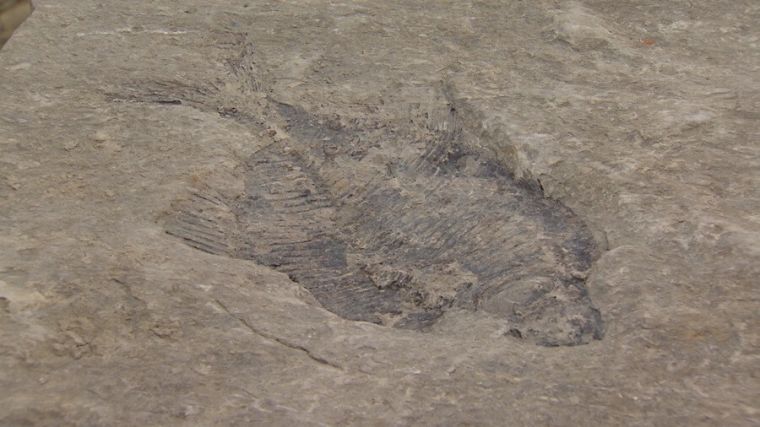Ancient fish fossils showed world created by God, says Canadian discoverer

Edgar Nernberg from Calgary, Alberta, Canada, has always strongly believed that God created the world. His belief was bolstered even more when he unearthed five fish fossils at the basement of the site of his new home, which turned out to be the most important fossil finds in decades.
Scientists claimed that the fish, each about the size of an iPhone, were last swimming around roughly 60 million years ago, in the era immediately after a massive asteroid strike wiped out the dinosaurs.
But for Nernberg, the five perfectly preserved fossil fish are just more proof of a world created by God only a few thousand years ago.
Nernberg, a long-time excavator and fossil creator, admitted that he was astounded to find these ancient discoveries.
"When the five fish fossils presented themselves to me in the excavator bucket, the first thing I said was, you're coming home with me; the second thing was I better call a palaeontologist," Nernberg said.
"I knew right away that this was different from the other fossils I have uncovered in my many years of excavating and collecting fossils," he added.
The fossils were found in sandstone from an old sedimentary rock in southern Alberta known as the Paskapoo Formation.
Nernberg thinks the fish fossils were formed by the Great Flood, detailed in the Bible in the Book of Genesis. He said his discoveries made his Christian faith stronger.
"No, it hasn't changed my mind. We all have the same evidence, and it's just a matter of how you interpret it," he told The Calgary Sun.
Nernberg, a board member of the Big Valley Creation Science Museum, also expressed hopes that the creationist point of view will be explained when the specimens are put on display at the Royal Tyrrell Museum in Drumheller, Alberta.
"I'd like to maintain possession of it, but then only a few people would see it," he said.
The University of Calgary, meanwhile, described Nernberg's fossil discovery as "important" and "nearly perfect."
"The unearthing was astounding, as five nearly perfect fish fossil specimens were concealed in a block of sandstone in the Paskapoo Formation," the university said in a statement.











